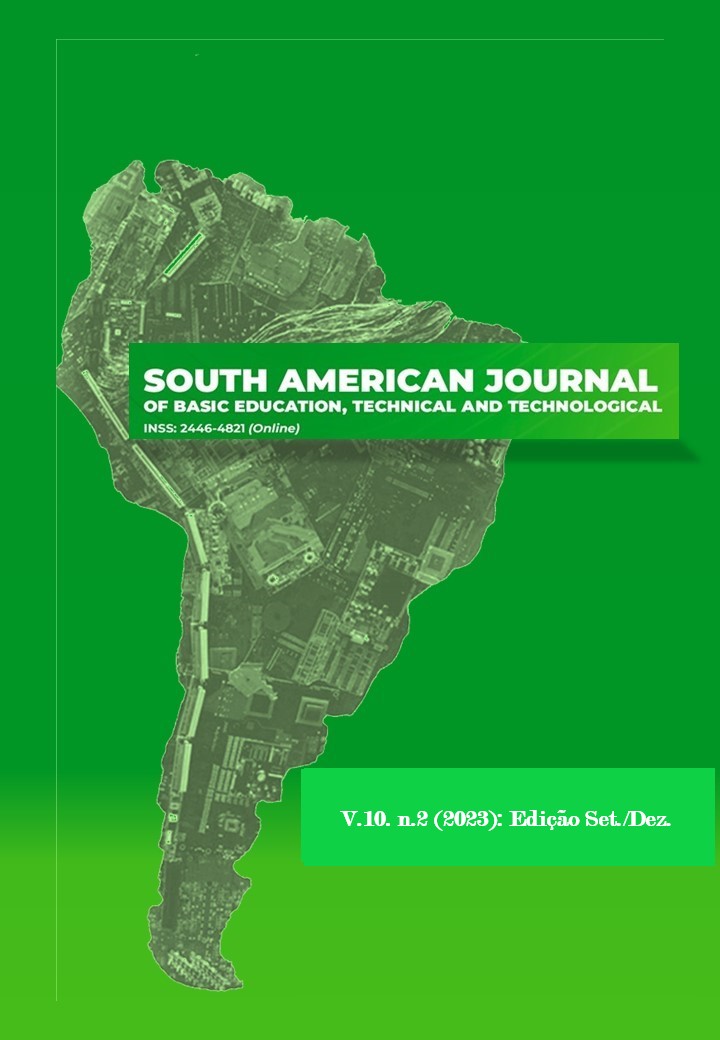INGESTÃO DE MACRONUTRIENTES ANTES E APÓS O TREINAMENTO DE FORÇA: UMA REVISÃO SISTEMÁTICA
Keywords:
Exercício, Carboidrato, Proteína, GorduraAbstract
ABSTRAT
The practice of regular physical activity and a good diet are one of the main components in preventing the progress of chronic diseases, and contribute to the growth of the population's quality of life. The objective of this study was to verify the main recommendations on the food intake of macronutrients for the resisted exercise. The study consists of a systematic literature review of the literature. The databases used were Scielo, VHL and Google Scholar, through the descriptors: resistance training, hypertrophy, diet, nutrients, carbohydrates, proteins and lipids. It is recommended a diet with 60% to 70% of calories from carbohydrates, or from 6g to 10g of carbohydrates per kilogram of body weight per day; from 1.2g to 1.6g of protein per kilogram of body weight per day for endurance sports, and from 1.6g to 1.7g of protein per kilogram of body weight per day for strength exercises. When the objective is to maximize muscle protein synthesis, the daily protein intake should be 1.2 to 1.7g protein / kg of body weight / day, food sources rich in leucine should be privileged, the protein should be ingested in doses 20 - 25g / meal. The fat recommendation for athletes is the same as for sedentary individuals, that is, 1 g / kg / day, with an acceptable range between 20 and 35% of the total caloric value and 10% distribution of saturated fats, 10% of polyunsaturated fats and 10% monounsaturated. Considering all the recommended aspects, the macronutrient intake needs must be treated individually, and in addition, associated with the intensity of the physical exercise performed.










